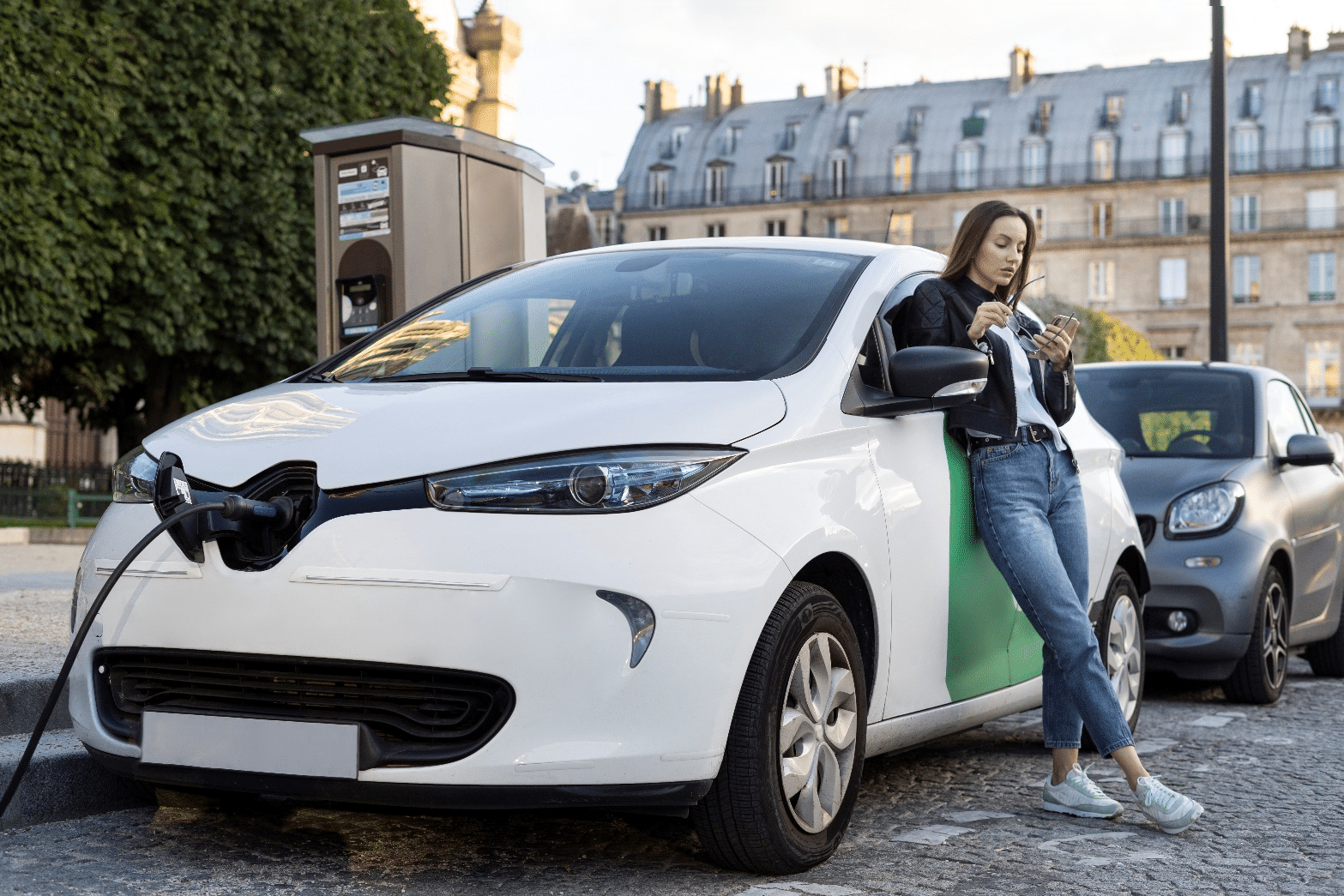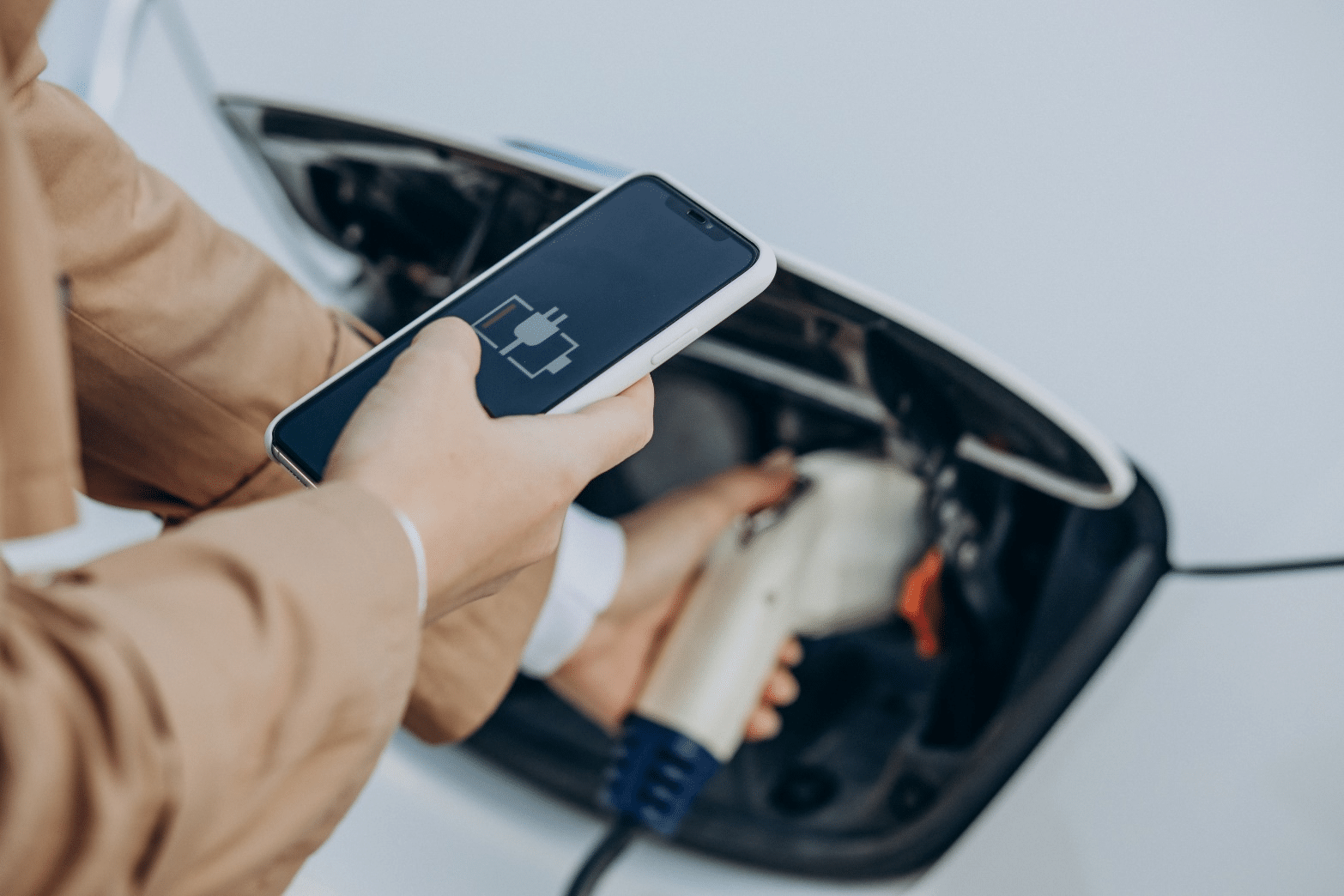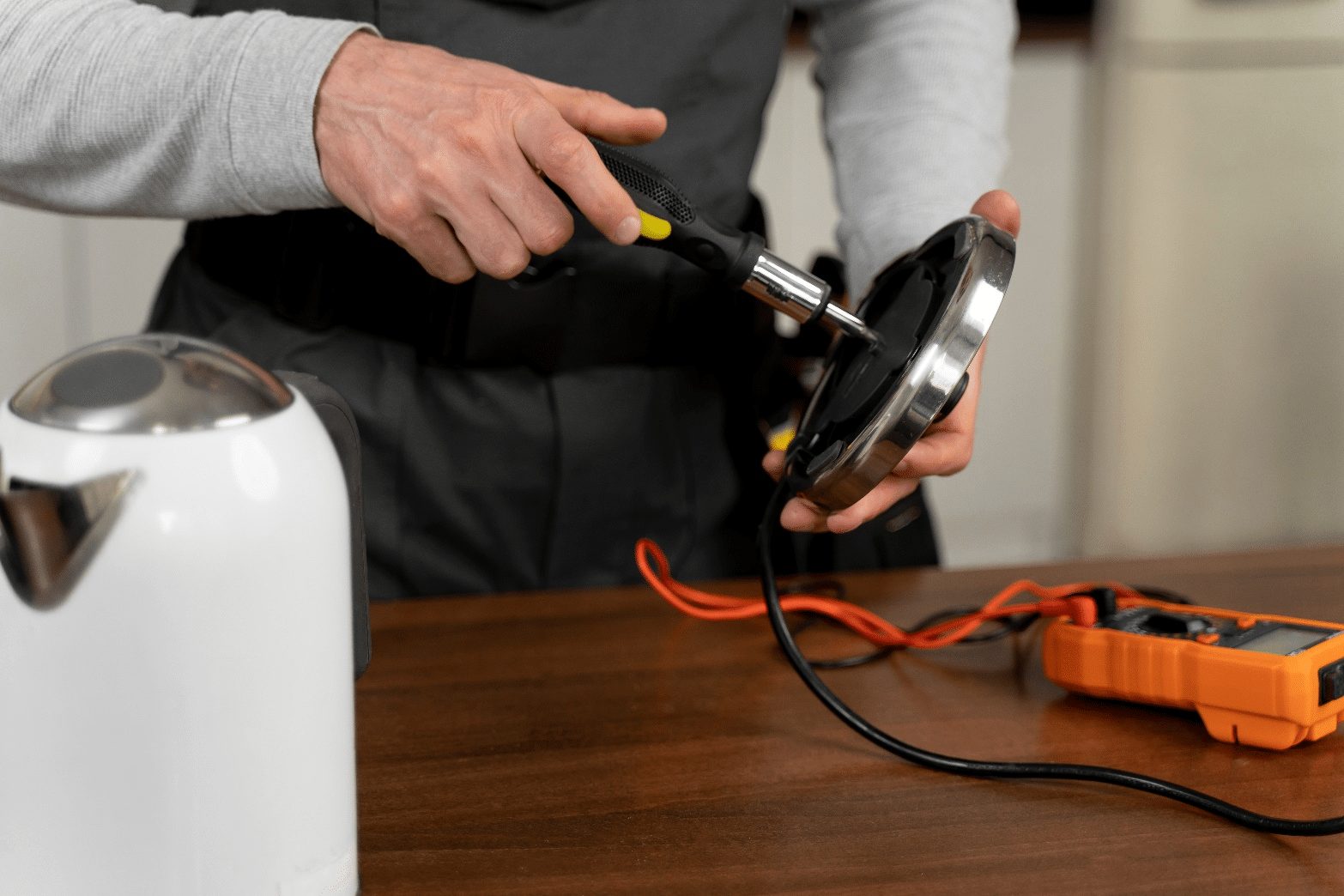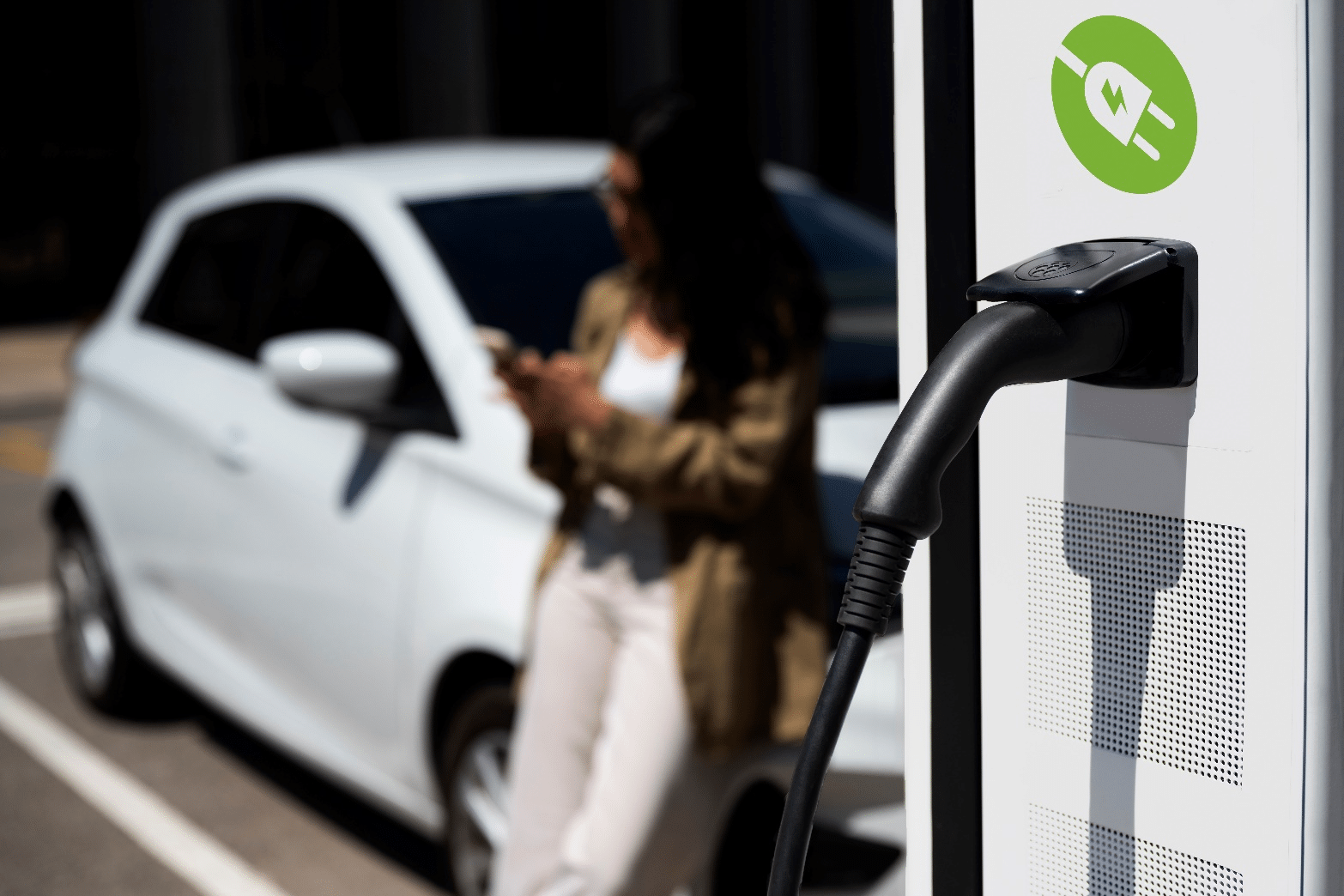Installing an electric car charger in your home can provide the convenience and security of charging your vehicle right where you live. It not only allows you to save money on fuel, but it also allows you to contribute to lowering your carbon footprint and helping the environment.
A dedicated car charging station in your garage can be one of the best investments ever. The installation process can be straightforward and hassle-free with the right knowledge and tools.
This article will provide essential tips to make your electric car charger home installation process easier, covering everything from selecting the right EV charger to understanding the best ways to streamline your home car charging process.
Whether you are a beginner or an experienced EV enthusiast, these tips will help ensure that your EV charger is properly installed in your home safely and efficiently.
Before You Start an Electric Car Charger Home Installation
Before you decide on the best home car charger to install in your home or office, there are several factors you should consider.
First, it’s important to understand the charging needs of your electric vehicle (EV). Different EV models have various battery capacities and charging requirements, so choosing a charger that fits your car’s needs is crucial.
Another factor to consider is the type of installation required for the charger. Some chargers can be installed indoors, while others require outdoor installation. Some EV chargers may need specialized equipment or professional help during installation.
It’s also essential to consider the cost of electric car charging and how much time you will spend waiting for your car to charge fully. Some level 1 chargers take up to 24 hours for a full charge, while level 2 chargers can take as little as four hours.
Types Of Electric Car Chargers

Level 1 EV Charger
A Level 1 charging station can produce a charge at a rate of 3 to 5 miles range per hour. It typically does not require an upgrade to your utility panel and may be plugged into a typical 120-volt grounded wall socket in your home. This is one of the most common home car charging units.
Suitable for: Plug-in hybrid vehicles
Miles/charge time: 3-5 miles for every hour of charging
Voltage: 120V
Level 2 EV Charger
Level 2 charging stations are four times faster than Level 1 charging stations and can provide 18-28 miles per hour of charge. Level 2 chargers require a 240-volt outlet on a dedicated circuit that has been professionally installed. If you want one installed in your home, you will need to get an estimate from a licensed electrician to determine if a permit is required. We consider this the best home car charger for commuters.
Suitable for: Battery-powered EVs
Miles/charge time: 18-28 miles for every hour of charging
Voltage: 240V
Direct Current (DC) Fast Charger
A battery can be charged to 80% of its capacity in 30 minutes or less with these powerful DC charging stations. A level 3 DC fast charger is not compatible with all electric vehicles. These stations are not suitable for home installation due to their high cost.
Suitable for: Most battery-powered electric vehicles. Check your EV’s manufacturer details.
Miles/charge time: 10-30 minutes for full charge
Voltage: 480V-500V
Tips For Deciding Which Electric Car Charger To Install
1. Portability
When it comes to electric car charging, there are two main options: a portable charger or a permanent home electric car charger. Both have their advantages and disadvantages, depending on your personal needs.
You can choose between a hard-wired, permanently fixed charger and a portable unit that plugs into a 240-volt outlet and hangs on the wall.
A portable charger is convenient for those who need to charge their car while on the go and at home. Portable chargers typically use a standard 120-volt outlet so that you can plug it into any regular outlet in your home. However, they take longer to fully charge your vehicle than a permanent electric home car charger.
On the other hand, a permanent electric home car charger allows for faster charging times and greater convenience at home. It’s installed by an electrician and uses a 240-volt outlet, which means you can charge your vehicle up to four times faster than a portable charger.
2. Cord Length
Decide where you will place your charger. Remember that installation will cost more the farther the charger is from your home’s utility panel. To determine the cable length, measure the distance between your charger site and the parking space where you will park your car. Cables range in length from 12 to 25 feet.
3. Smart Charging

Consider getting a smart charger. Smart chargers allow you to automate home car charging from your phone and track your charging patterns by connecting to your Wi-Fi.
Smart chargers use advanced technology to optimize your electric vehicle’s charging process, making it faster and more efficient. They can communicate with your vehicle to determine the optimal charging rate and adjust accordingly, which leads to shorter charging times.
In addition, some smart chargers have features such as scheduling options that allow you to choose when you want your vehicle charged so that it does not interfere with other activities like work or family time.
If you’re considering a smart charger, make sure your home’s Wi-Fi connection is strong enough to reach the garage. If the signal is too weak, you can use a Wi-Fi range extender to boost the signal.
Tips For Installing an Electric Car Charger at Home
1: Research Local Regulations
As electric vehicles continue to grow in popularity, more and more homeowners in Los Angeles are considering installing an electric car charger at home. However, it is important to be aware of local regulations regarding residential permits for these devices. To avoid potential legal issues or fines, homeowners should conduct thorough research before purchasing.
One of the first steps in researching local regulations is checking with the Los Angeles Department of Building and Safety. They can provide information on zoning laws and electrical codes that may impact your ability to install an electric car charger at home. It is also important to check with your homeowner’s association or neighborhood council, as they may have additional guidelines or restrictions.
When applying for a residential permit for an electric car charger, be prepared to provide detailed information about the device you plan to install and its installation location.
2: Hire A Professional Electrician
It’s important to take the necessary precautions when considering an electric car charger home installation. Whether you’re using a Level 1 or Level 2 charger, it’s crucial to have a licensed electrician evaluate your home’s electrical wiring before your first charge. This will ensure that your system works safely and efficiently without any risk of overloading or short-circuiting.
The first step in installing an EV charger is to assess your electrical system’s capacity. You’ll need to hire a licensed electrician to inspect your electrical panel and determine whether it has enough capacity to handle the additional load of an EV charger. Once you’ve determined that your electrical system can handle it, you must decide where to install the charger.
A licensed electrician can assess the state of your home’s electrical panel and determine if any upgrades are necessary to support an EV charger installation. They’ll also be able to check for loose wires, outdated equipment, and other potential hazards that could pose a danger when charging your vehicle. By having an expert evaluate your system beforehand, you can avoid costly repairs down the line and ensure that you’re getting the best performance out of your EV charger.
Why You Need to Hire the Experts

Some homeowners may be tempted to tackle this project on their own without consulting a professional electric car technician. This can be a costly mistake.
Completing an electric car charger home installation requires technical knowledge and experience with electrical systems that most homeowners simply don’t have. Attempting to do so without proper guidance or training can result in damage to equipment, injury, or even death.
Improper installation may not meet safety codes or local regulations, resulting in further legal and financial consequences for the homeowner.
Why Tercero Inc. Should Be Your EV Charger Installer in Los Angeles
Tercero, Inc. has garnered many positive reviews thanks to our professionalism in EV charger installation. So, why should you trust us with your project?
Our Knowledgeable Staff
Tercero, Inc. is a team of experienced electricians. We have been in the electrical engineering industry for over 30 years. It means we have the expertise to handle any residential or commercial project.
Our Reliable Services
We are a go-to company in California thanks to keeping our word. We ensure to provide timely and professional services to meet your needs.
Our Extensive Experience
Tercero, Inc. has more than 30 years of experience, meaning we know the ins and outs of the industry. As a result, we have gained extensive knowledge about the ins and outs of the business, providing us with unique insights into how to serve our clients best.
Regular Training for Our Team
At Tercero, Inc., we understand that staying ahead requires keeping up with emerging trends and technologies. That’s why we invest in training programs for our staff members regularly.
Conclusion
Installing an electric vehicle (EV) charger at home is a great way to make charging your EV more convenient and cost-effective. Before getting started, it’s important to consider factors such as the type of charger, the installation location, and proper safety protocols.
It requires planning and research to make sure you have the correct charger for your vehicle, as well as all the parts and accessories needed for the installation process.
Installation time and cost will depend on the complexity of your setup, but with some help from our professional electricians at Tercero Inc., you can get your EV up and running in no time.

